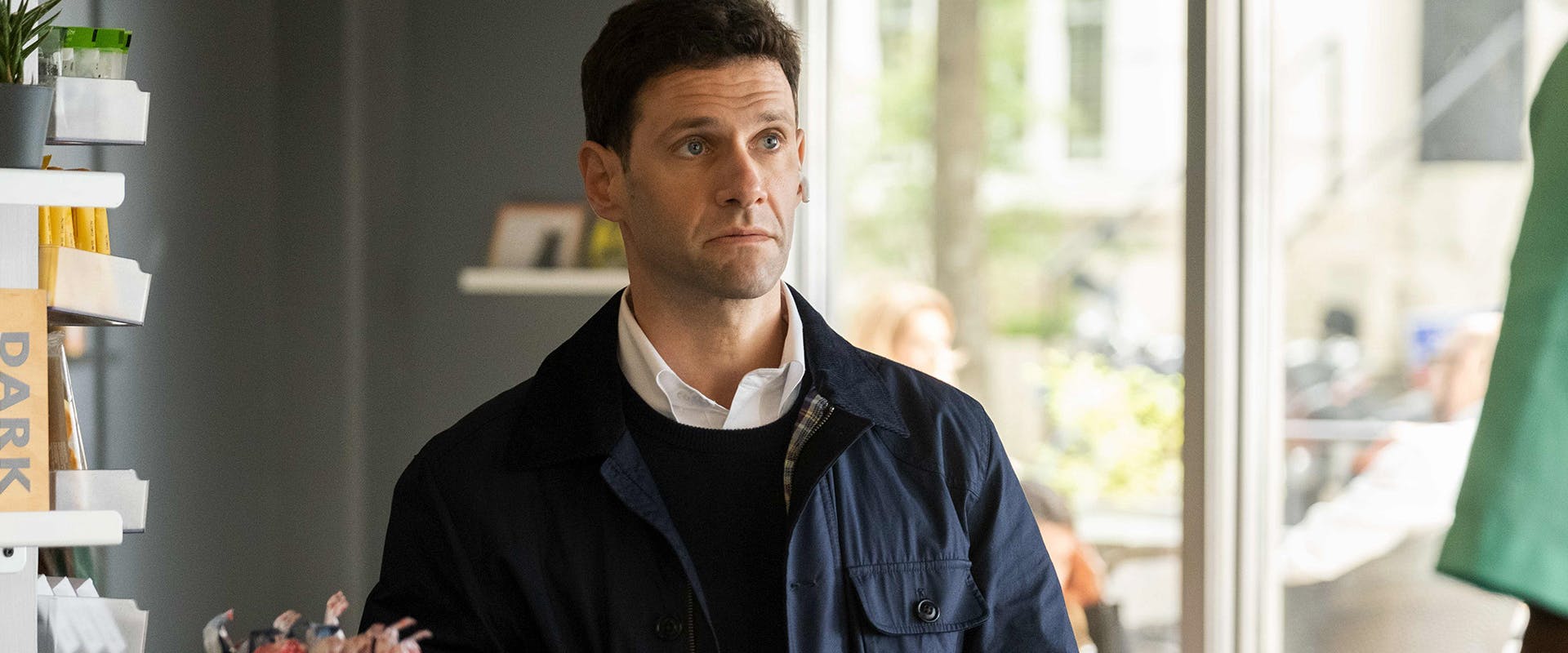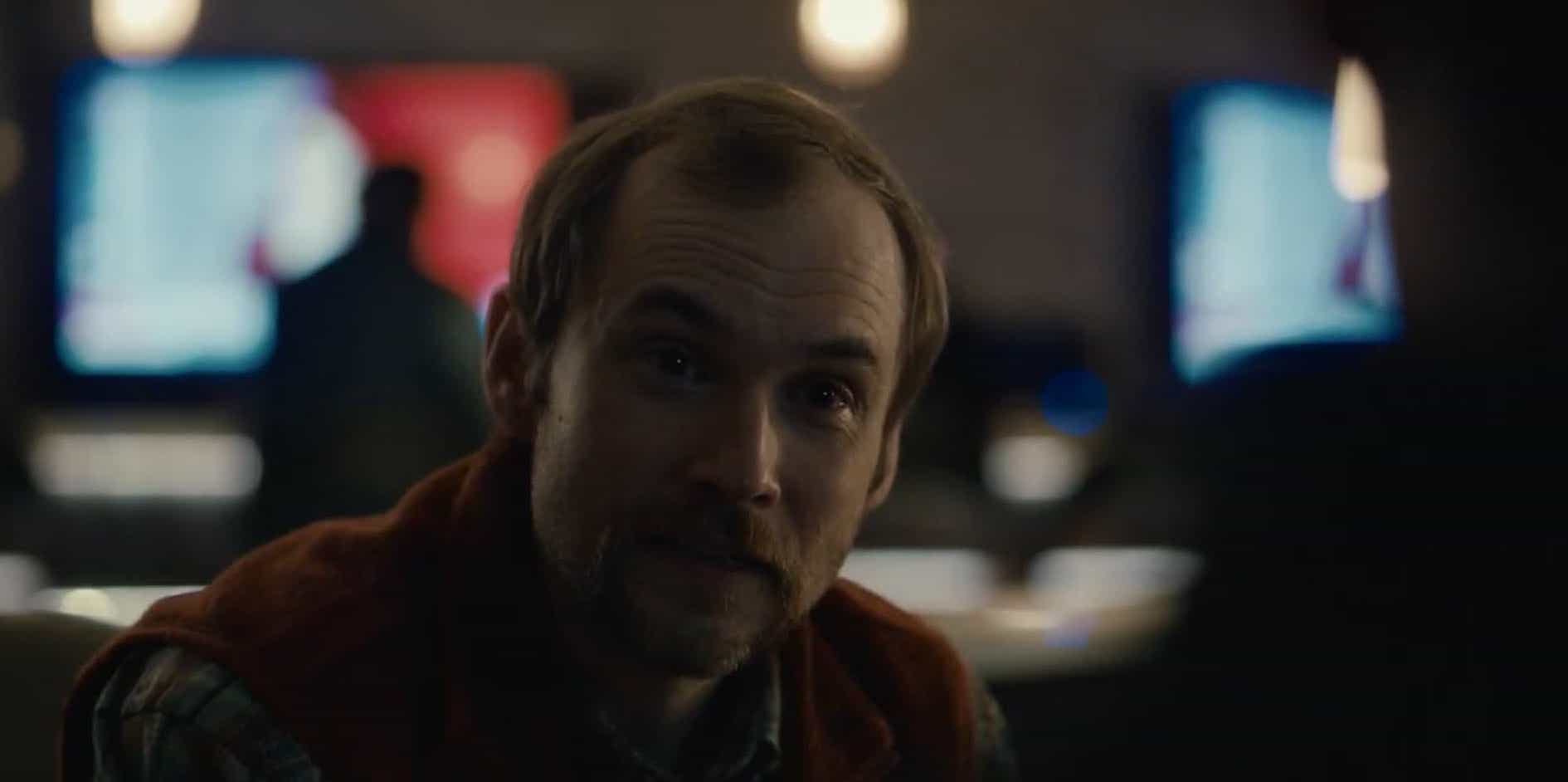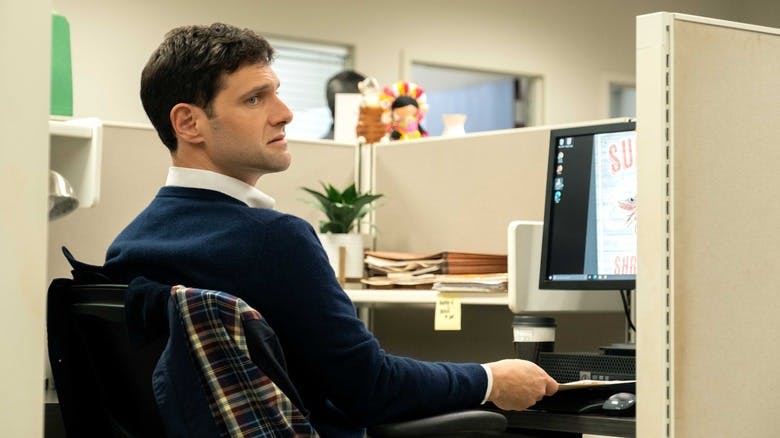
culture
'Atlanta' S3E4 "The Big Payback" Recap
'Atlanta' S3E4 "The Big Payback" Recap
Published Fri, April 8, 2022 at 12:00 AM EDT
We once again meet the eerie, wisdom-spouting white ghost named E, in a one-off episode that examines the “what-if” of reparations.
Marshall’s mostly white co-workers are in a tizzy, wondering if they’ll be forced to pay reparations.
“But you were white yesterday!” Marshall exclaims in what’s probably the funniest line of the episode.

We were treating slavery as if it were a mystery, buried in the past, something to investigate if we chose to. Now that history has a monetary value. Confession is not absolution.”



There’s more where that came from.”
At any rate, here’s hoping that next week we’re back in the gang’s orbit, and the show is back to giving us the zany, smart writing we’re used to.









